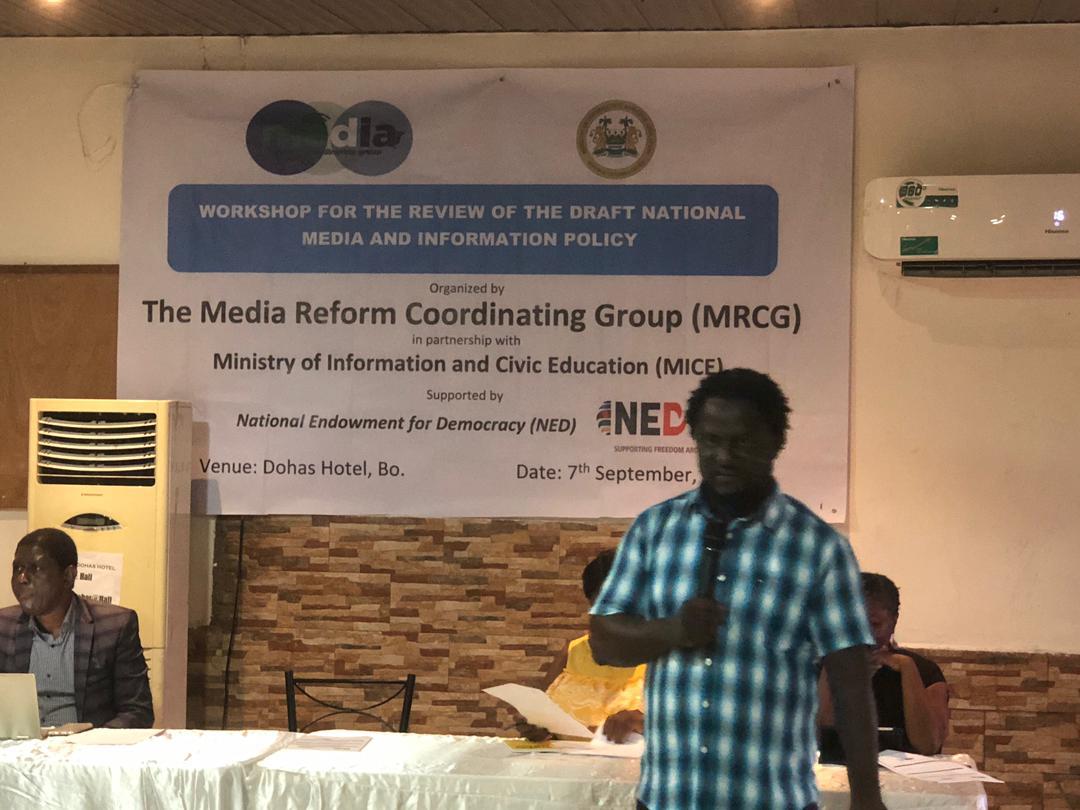The Media Reform Coordinating Group (MRCG), together with the Sierra Leone Association of Journalists (SLAJ) and global allies, has amplified calls for stronger protections for journalists amid escalating threats, observing the “International Day to End Impunity for Crimes against Journalists” under the theme “Safety of Journalists in Crises and Emergencies.”
The United Nations established November 2 as a day to combat impunity for violence against journalists following the 2013 killings of two French journalists in Mali. This initiative, backed by the UN General Assembly, urges nations to adopt stringent measures to end violence against media workers, bring perpetrators to justice, and provide redress for victims. According to UNESCO, over 1,700 journalists worldwide have been killed since 2006, with nearly 90% of cases remaining unsolved, signaling a breakdown in global accountability and growing hostility towards the press.
In Sierra Leone, MRCG has documented 82 cases involving harassment, detention, assault, and intimidation of journalists since 2018. Its most recent report reveals that while 57 of these cases have been resolved, 25 remain active, including six currently in court and 19 under police investigation. Several journalists, like Alie Bai Kamara of Citizen Radio and Emmanuel C. Thorli of Night Watch Newspaper, have faced arrest and detainment by the Criminal Investigations Department (CID), while others have experienced online harassment and abuse. Notably, Thomas Dixon of Salone Times Newspaper faced online threats, and Munya Bawoh of All Out Radio was reportedly assaulted by police in Kenema.
The MRCG report also highlights critical issues in journalist welfare. Findings indicate that 40.3% of journalists in Sierra Leone have never received a salary, while 48.3% earn less than the national minimum wage, and 59% lack employer contributions to social security. Low pay, irregular wages, and unfulfilled social benefits by media employers have left many journalists financially vulnerable and unsupported.
MRCG calls on the Government of Sierra Leone, media organizations, and the public to ensure journalist safety and create safer working conditions. It emphasizes the urgent need for reforms to uphold press freedom and protect journalists in the face of threats, intimidation, and systemic neglect of their rights and welfare.


 Post a comment
Post a comment 








